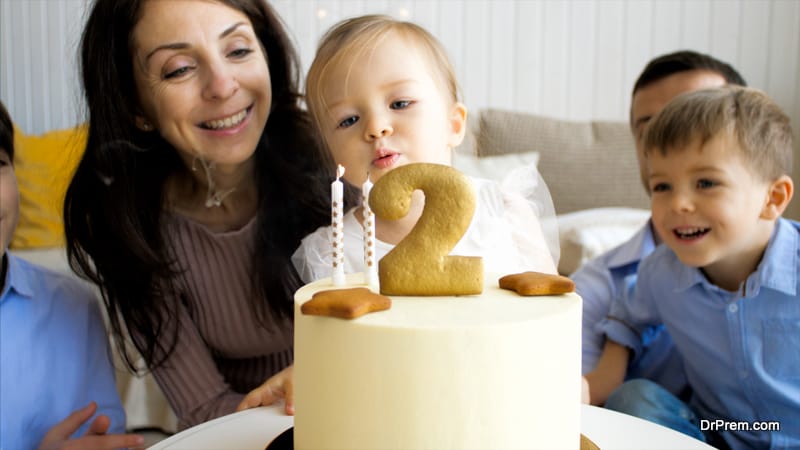Parenting an oppositional child is indeed a challenging task. However, nothing is unattainable, if one has the dedication and will power to do it. The same applies here as well. One of the best treatments for such a disorder is parents’ intervention.
Understanding oppositional defiance disorder
Oppositional defiance disorder generally takes place in childhood and often during the teenage and it is generally characterized by disobedient, defiant, negative and hostile behaviour, especially towards adults. Such children intentionally tend to irritate or bother those around them. They refuse to obey instructions and rebel against authority for no valid reason. Both children and adolescents with ODD lose their temper instantly, are disobedient in school and home, are easily annoyed, quick in blaming others and apt to ignore. Owing to these impulses, it compromises the child’s ability of getting along with others.
Dealing with an oppositional child
Parenting is considered as the toughest role and the most vital too. In case of dealing with an oppositional child, it is even more challenging. Anger is normal yet this has to be controlled. Getting angry does not mean parents do not love their child. It implies that the present behaviour is inappropriate. By yelling or getting loud will worsen the situation emotionally both for the parents as well their little one. Thus, parents must handle the situation in a calm and soft way.
Parents must also avoid a negative approach. They must avoid using words like no, don’t and stop, as it will frustrate both the parents and the child alike. Children are intuitive by nature and easily pick up subtle things. As a result, parents must be consistent in their parenting. Parents should never threaten their children, as this may take a negative turn. Praising their good behaviour is a great idea, but in a specific way.
Positive attention and consistency of care play a crucial role
Parents should give their oppositional child a positive attention daily. This will help in augmenting parent-child relationship and thereby reduce behaviour problems. They must make it a priority of spending 20 minutes daily talking, doing an activity or playing together.
Parents must perform the same even in those days when the behaviour of the child is not at its best, as this can help reduce behavioural problems in the long-term. Such kids require a specific structure for thriving; hence, it is imperative that every carer, including parents, extended family and teachers all manage the behavioural traits of an oppositional child consistently.




